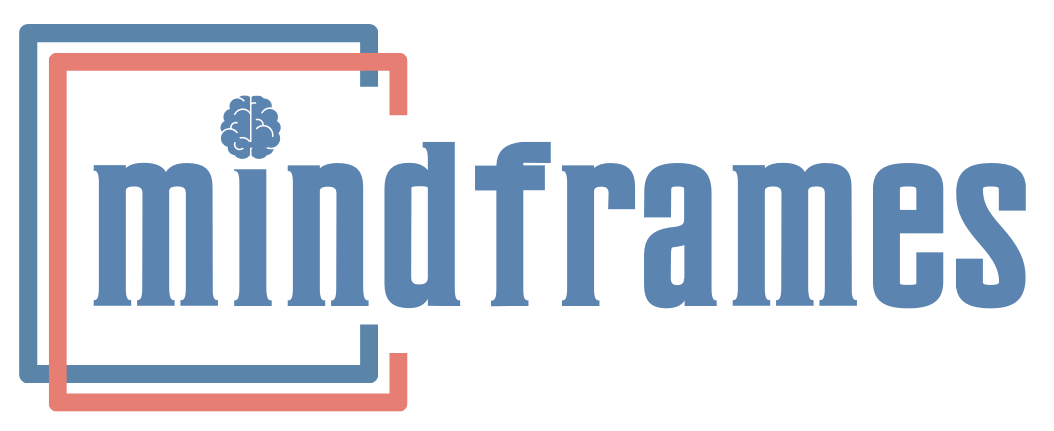Study Skills
What Are Study Skills?
Study skills are a series of attitudinal and behavior preferences with regard to studies, that build a knack at sticking to the study matter, retaining information and reproducing it efficiently in the examination and in life. Studying effectively depends upon 2 factors: the content one intends to study, and how one actually learns. Academic excellence requires core subject skills as well as executive functioning skills in order to learn effectively and quickly. Core skills involve understanding the subject matter, retaining it to memory and applying it in context when asked to. Study skills support core skills by training your child’s brain to absorb the information in a way that it will be preserved.
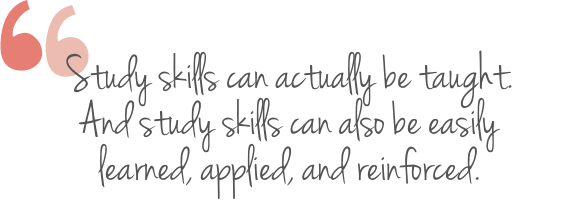
Skill 1: Time Management
Time is a scarce resource. There’s always too much to do and such little time. Managing time really means planning rightly, prioritizing and avoiding procrastination. Few children use time tables these days. A time planner not only sets the plan and priorities, it also gives feedback on how far kids are from their goals and can modulate the speed to reach there in the allotted time span. Time management keeps each one on top of their game.
Planning also requires planning. Some children like to dedicate specific days of the week to certain topics and others, different times in a day and this will certainly fluctuate from person to person. It is possibly best to implement a mixture of both, where you could take a longer time to establish the basics, followed by a number of shorter periods to go over and reinforce what you’ve already learned. For larger and mor difficult topics, it is easier and efficient to try structure regular, small periods of work. Switching between topics can help if you tend to get bored of a particular topic easily and can come back to it when you are energized.
Time Mismanagement
- Not keeping time tables
- Inability to set priorities
- Giving into distractions
- Not setting specific goals
- Not rejuvenating enough
- Multitasking all the time
- Poor time scheduling
- Finding it hard to say ‘no’
Time Management Skills
- Setting a good time table
- Prioritizing what’s urgent
- Minimizing all distractions
- Specific, realistic study goals
- Taking breaks to rejuvenate
- Single-minded monotasking
- Structured time scheduling
- Learning how to say ‘no’
Skill 2: Study Motivation
Studying is like driving a car. It takes a few minutes to get from the first to the third gear, and then fourth and fifth, so you cruise smoothly. The first gear however is slow and guzzles more power and fuel. That’s the case with beginning to study. It always seems daunting and you think there’s too much to do and it will never get done. It gets overwhelming when self-doubt creeps in and leads to stress, anxiety and panic too.
Motivation is the driving force that pushes you to action. We don’t even eat food if we’re not motivated by hunger or greed. Ask the hikers who have climbed Mountain Everest or Kilimanjaro. Its tiring, difficult, strenuous, uncomfortable and painful. But the feeling you get when you’re on the top; looking down at creation, and absorbing its beauty, makes it worthwhile. Keep your focus on the outcome and let it motivate you to tide through the struggles on your way there. In time you will begin to enjoy the struggle too.
Demotivating Thoughts
- This is too much to accomplish
- I’ll never be able to get it done
- I’m not good enough for this
- It’s already too late to start now
- I am too stressed to focus anymore
- I’m too far behind in the race now
- I don’t see the point in any of this
- Why should I even bother trying?
Building Study Motivation
- Acknowledge the negative thoughts
- Don’t run away from the problem
- Don’t waste energy on self-bashing
- Understand your strong subjects
- Identify your weaknesses and flaws
- Don’t compare yourself to others
- Speak to family, get help if needed
- Slowly, get out of your comfort zone
Skill 3: Study Style
Studying is an art, and every artist has their own style of creating a masterpiece. The way every child processes information in their brain constitutes their learning style. If children learn in the style that matches their brain’s preference, they have a higher probability of retaining and reproducing that information for the examination, as well as for use later in life. Most children use a combination of styles. At times one may prefer a given style for a given subject too.
There’s no ‘right’ or ‘wrong’ way to study. But the long-term outcome of the study style must be meaningful. Take for example cramming up a topic instead of understanding it. This may help you in the shorter term but when workload increases, you won’t be able to cram up that much. And to what outcome? If it’s a professional course you’re pursuing, you will not be able to apply that information anywhere. Use the right study style so that your brain can grasp what it needs, and you’re able to overcome your learning hurdles effectively.
Why Different Styles
- Everyone has unique learning models
- Visual learners like graphic motivation
- Auditory learners learn from listening
- Readers learn by reading good books
- Spatial learners need to do the thing
- These styles are part of one’s persona
- They are ingrained over a time period
- Following your style advances learning
How to Match Your Study Style
- Assess how much you are retaining
- Adapt different styles of studying
- See what outcomes you’re getting
- Get resources to match that style
- Speak to friends, teachers, parents
- Don’t compare yourself to others
- Try to use a combination of styles
- Slowly, come out of the cozy zone
Skill 4: Reading
The purpose of reading is to perceive, understand, decode, and interpret the meaning of the text. Reading is an extensively used skill – from directions to instruction manuals to messages and emails, we read every hour. But study reading demands a different knack. The sheer volume of the material is so large, that the brain loses focus and drifts. The subject and its context are hence lost. One needs continuous focus in order to read and retain.
An effective stepwise strategy is the SQ3R (survey, question, read, recall, review). If you skim through your study material to get a basic idea of the text, you can generate questions related to what you’ve read. This conditions you to read with the questions in mind (purposeful reading). Once done, you can recall the material as an answer to your questions and then review the whole process to re-read what you were unable to recall. Reading the material again on the 3rd, 5th and 9th day is predicted to commit it to your memory for the long term.
Problems with Reading
- Reading without a purpose or goal
- Not setting time limits to reading
- Finding the study material boring
- Not having an idea about it at all
- Finding it daunting to make a start
- Not having the accurate strategies
- Feeling distracted, tired or sleepy
- Not aware of reading motivation
How to Read to Remember
- Set aside time to read each day
- Set your reading goals for each day
- Preview the material you’ll read
- Remember why you are reading
- Apply key reading strategies SQR3
- Note down pointers while you read
- After you read, say the matter aloud
- Apply what you read by summarizing
Skill 5: Listening
Listening is by far the most used and least taught human interpersonal skill. Especially in school, children are expected to listen to, and absorb a magnanimous quantum of content. But their incessant background mind chatter could prevent them from receiving the information well, leave alone absorbing, retaining or reproducing it for an examination or for application in life. Not just studies, even in commonplace conversations, we lose 80% of what we listen to. We need to learn how to listen, to recollect.
The HEAR strategy (halt, engage, anticipate, replay) lucidly emphasizes rational steps to focus and improve listening. When you halt every other internal dialogue – be it with yourself, friends or anybody, you are able to actually focus on the person who is talking. By engaging, making mental or real notes, or showing acknowledgement by nodding, you retain that focus.
Once you’ve engaged well enough, you could create questions in your mind and begin to anticipate what the person might say next; and whether it would answer your question or not. It increases the span of your attention. And finally, when you paraphrase the material in your mind, you’ve done an action replay and consolidated some of the material into your memory already. Going back and reading, making good notes (writing) and saying it aloud (speaking) cements it in the mind then.
Listening Barriers
- Listening without a purpose or goal
- Knowing nothing about that topic
- Knowing too much about the topic
- A haphazard or confused speaker
- Being prejudiced about the speaker
- Feeling distracted, tired or sleepy
- Not aware of listening motivation
- Not knowing the accurate strategy
Overcome Listening Barriers
- Set aside time to read each day
- Set your reading goals for each day
- Preview the material you’ll read
- Remember why you are reading
- Apply key reading strategies SQR3
- Note down pointers while you read
- After you read, say the matter aloud
- Apply what you read by summarizing
Skill 6: Excelling Examinations
Exams are really the culmination point of all the hard work students put in all year long. And while it seems easy to say that all the effort should’ve been put in way beforehand, pre-exam preparation makes a mammoth difference in the final performance. Devils that plague performance are – exam anxiety, improper revision, last minute time mismanagement, ignoring health, dehydration, not getting enough rest and disrupted sleep.
Some apprehension before an exam is natural and it’s a good motivator to study too. But anxiety that’s clearly exaggerated, and interferes with preparation and performance, needs to be tackled, or better still, prevented. You can ace your exams if you develop good study habits, a systematic pre-exam routine, sufficiently exercise, sleep adequately, and keep a positive mindset before you walk into the exam hall. After all, it’s about the learning experience. You must enjoy the academic journey; not just target the accolades you secure when you max the examination.
Exam Preparation Errors
- Last minute cramming up matter
- Not planning end point revisions
- Not reviewing with other students
- Ignoring health, food, water, sleep
- Dwelling on unnecessary worries
- Focusing on the outcome more
- Losing confidence and optimism
- Not asking for help for your anxiety
Examination Acing Rules
- Never study on an empty stomach
- Drink loads of water, use the loo
- Get even more sleep than usual
- Don’t cram the night before exams
- Make last minute time schedules
- Set out contingency (extra) time
- Talk to family and other students
- Seek help if you are very anxious
Improving performance
Much can be done to improve and sharpen academic performance. Study skills, like most other acquired skills, can be learned, inculcated and put to practice. These skills are dynamic, ever changing and alter with the system and syllabus demands. They focus on the form, and not the content; hence can be put to practice for any subject, any class, any child. Once inculcated, these will benefit your child in every walk of life.
Dr Shefali Batra: Reframing Study Attitudes
The multi-course module on scientific study methods uses time tested techniques to make studies simple, interesting, understandable, retainable, easy, and reproducible. The course series includes interactive group work sessions (with parents too) and provides take-home booklets and worksheets for the students to absorb and internalize these concepts. This enables them to continually put into practice – the proficiencies acquired. Learning is imperative for success. Inculcating learning skills is hence the best gift… for life.
Dr Shefali Batra is a Feature Writer in the Teenager Today (India’s first Teen Zine) since 15 years. The magazine is focused on adolescent wellness.
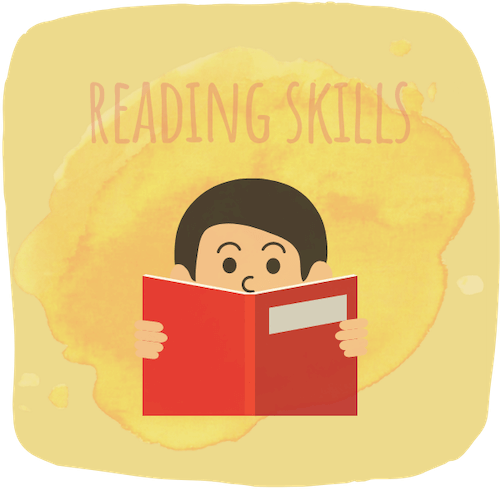
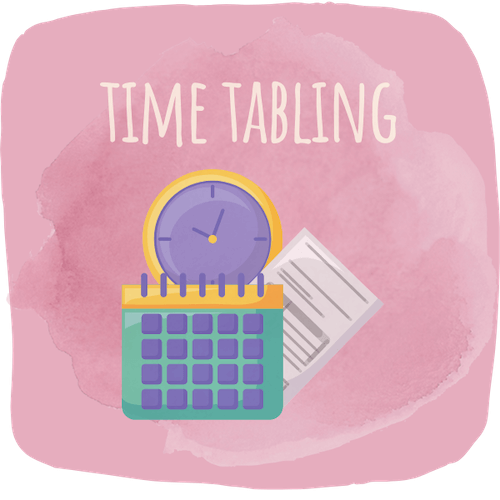
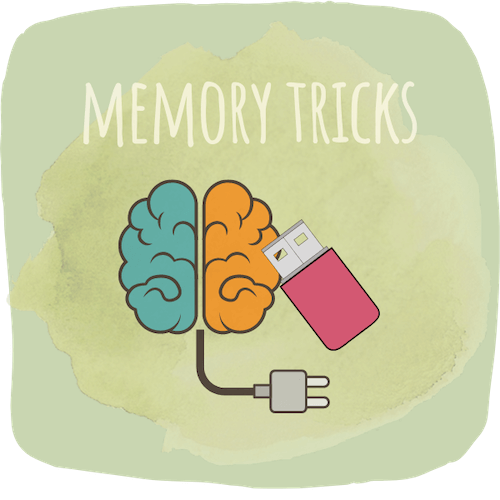
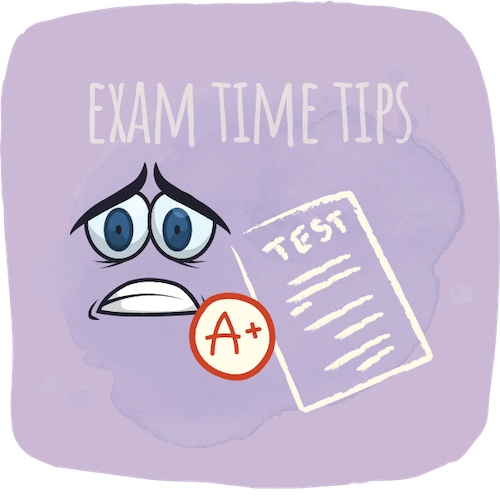
References
- Chung, O., & Yip M., (2002). Relation of Study Strategies to The Academic Performance of Hong Kong University Students. Psychological Reports, Vol. 90, 1, (338) 3.
- M., Gettinger, J. K., Seibert, (2002). Contributions of study skills to academic competence School Psychology Review, 31 (3):350-365 .
- Dodge, J. (1994). The study skills handbook: More than 75 strategies for better learning. New York: Scholastic Inc.
Related topics
- Multiple Intelligence Workshop
- Adolescent Crisis Workshop
- Anger Management Workshop
- Career Guidance Workshop
- Psychotherapy in Children
Latest Posts

7 Reasons Why You Should Seek Therapy

5 Signs you have no work life balance

Work and Life: What is the right balance?
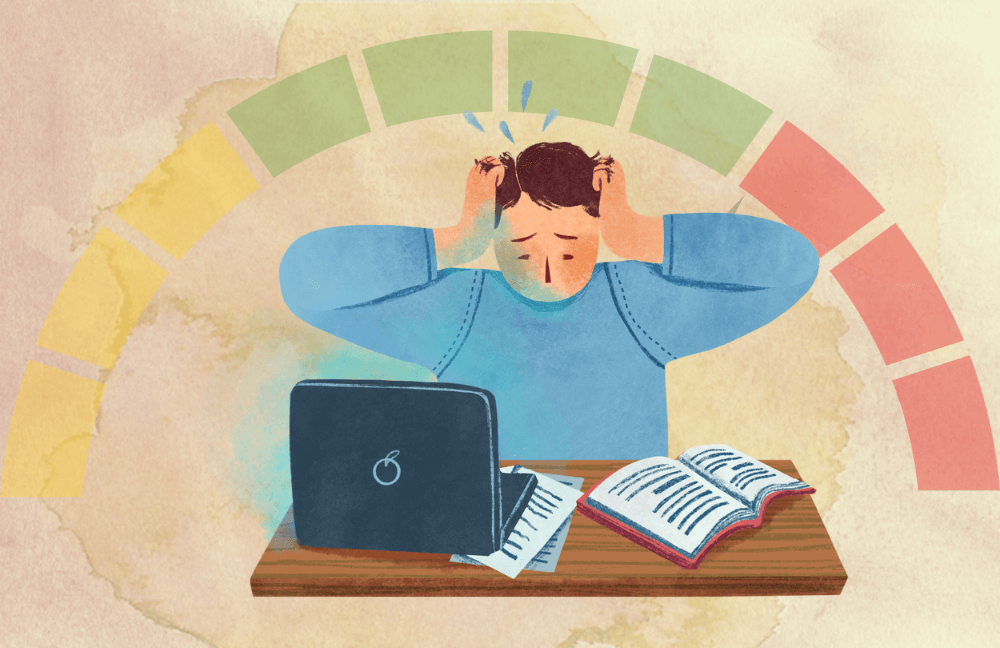
7 Questions About Workplace Stress Answered

